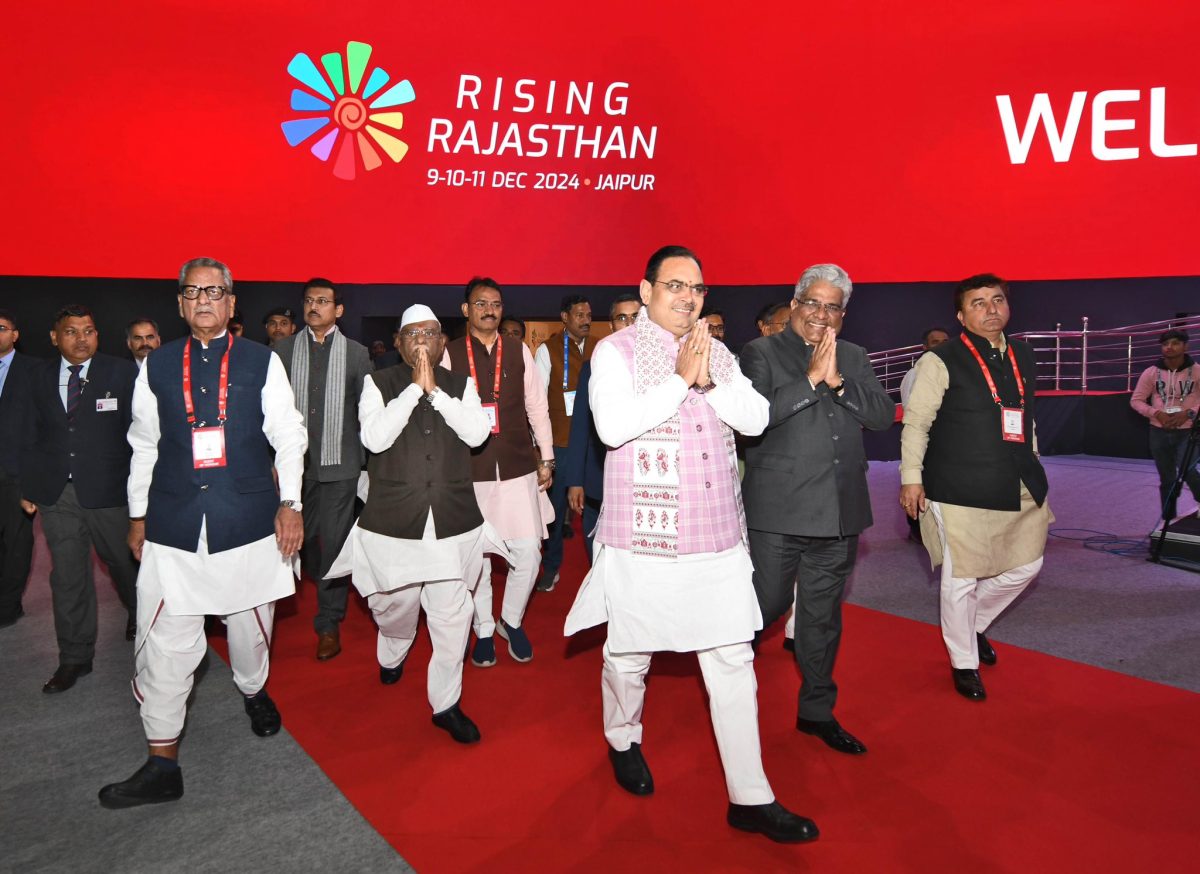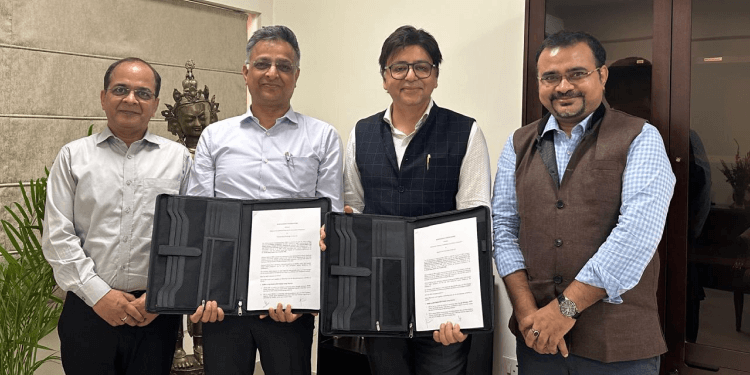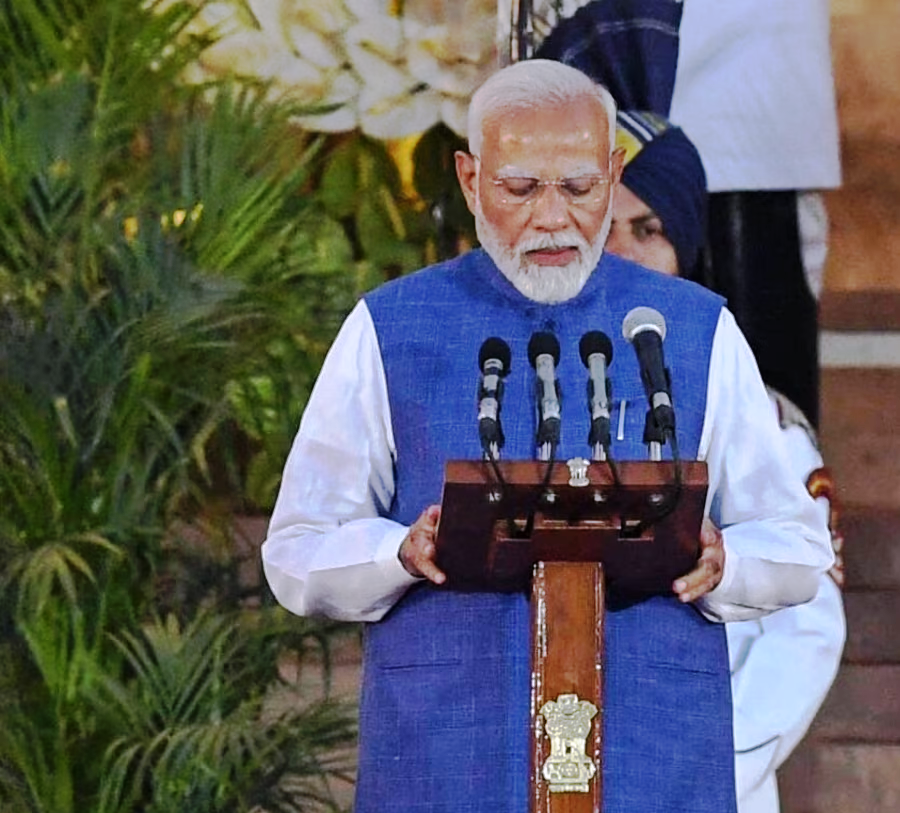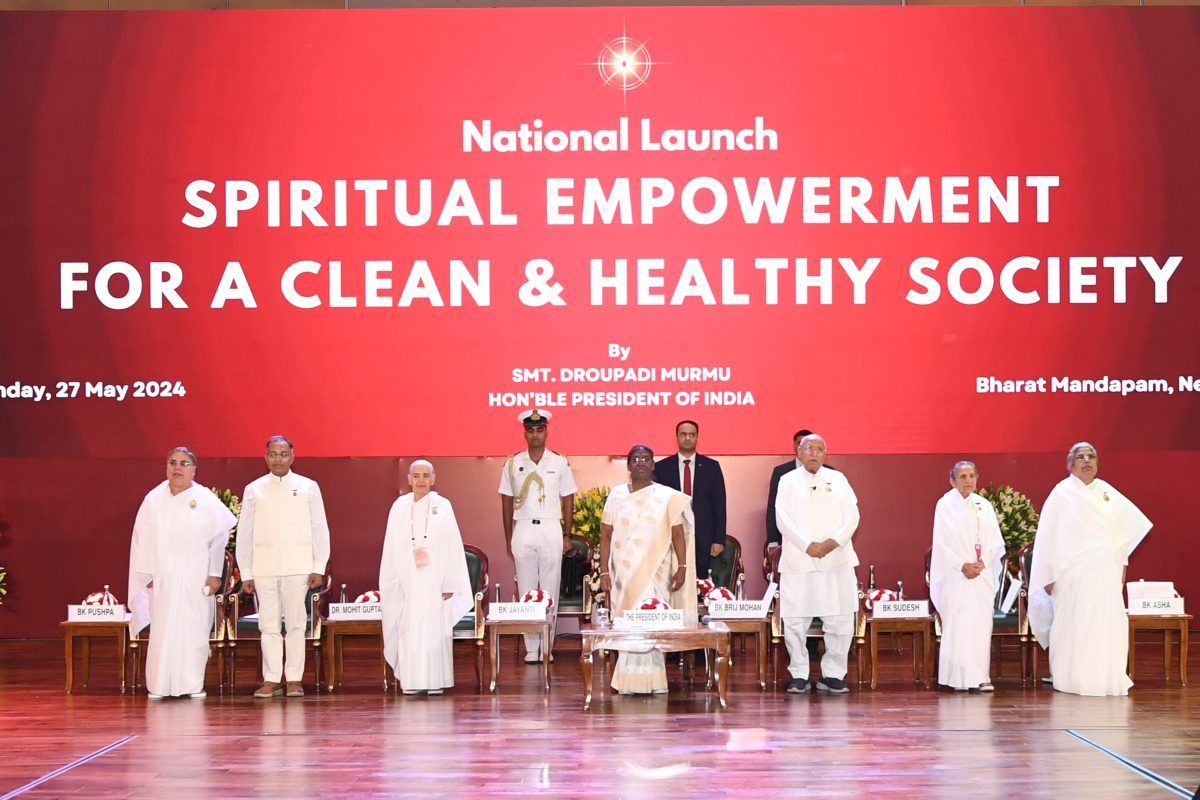Biz Ecosystem, Not Tangibles From RR, Should Be The Yardstick

Biz Ecosystem, Not Tangibles From RR, Should Be The Yardstick
As the month of November is inching closer, the state government is bending backwards to ensure that the Resurgent Rajasthan Summit lives up to its hype. In a recent event, the chief minister has already said that the state will cross the Rs 1.5 lakh crore worth of proposed investments in the summit. Since the campaign started in the month of April this year, the government has signed many MoUs with several companies. But so far, the government has not been able to announce any big ticket investment proposal crossing Rs 2000 crore except in the solar sector. It could be that Raje might have preferred to keep such mega deals reserved for the D-Day, the summit on November 19-20.
Resurgent Rajasthan is being organized at a time when the global economy is in a spot of bother. The crisis in China is threatening to derail the global growth projections even as the US economy continues to show resilience and growing at a healthy pace. But the emerging markets such as China, Russia and Brazil are undergoing a turbulent phase which is likely continue for some time to come. In contrast, the Indian economy is still expanding at a 7% growth which makes it the most lucrative destination given the bleak prospects witnessed in other parts of the globe. Even in the face of stiff hurdles for reforms, Prime Minister Narendra Modi has been going hammer and tongs to woo investments. The land acquisition legislation has failed to be passed by the Parliament and similarly, new uncertainties have surfaced over the roll out of GST.
In spite of these roadblocks, the Central government has unleashed a number of initiatives to improve the business climate in the country. Make in India, Digital India, Smart Cities, focus on startups, ease of doing business, etc have been pursued with dogged keenness. The ripple effects of this momentum can also be leveraged at the state level. That’s why the Resurgent Rajasthan’s timing could never have come at any better situation. Rightly, the state government on its own has overhauled a slew of policy measures making them more investor friendly. New policies in sectors such as tourism, MSME, solar, bio-technology, labour laws, mining, power, etc have been announced providing a larger role to private sector.
The government has also identified new sectors such as glass & ceramics, ESDM, ITeS, textiles, food processing as thrust areas to take advantage of its natural advantages.
In addition, there has been a massive emphasis to delivery on services, relaxing procedures for the businesses, and adopting technology for enhancing ease of doing business.
Given the wall-to-wall preparations, the response to the investors’ summit has so far not matched up with the expectations. As mentioned earlier, Raje may surprise critics with a few big announcements that can change the perception about the tangibles of the event.
As of today, solar is going to win the day for the chief minister. In the last one year, the state government has signed MoUs with companies for developing and producing solar energy worth over 30,000 megawatt. By that account alone, the state can claim an investment proposal of more than Rs 1.8 lakh crore. But these proposals will take more than 10 years to fructify into real investments even though some of it has already started coming in albeit in a very smaller way.
Solar can rescue the summit and Raje can have her headlines she wants from the summit. But the benefits will take a much longer time to realize.
Even if the event doesn’t measure up to the tall expectations, nothing is lost. The summit can be seen as a launchpad for a new phase of industrialization in the state. Because of the summit, the government has been able to put its house in order in terms of policies and procedures. Such a change is permanent. Even after the summit, the fertile business climate will stay and can regularly offer opportunities for investors seeking a better location to do business. The state has built on its natural advantages by cushioning a much improved legislative regime. But any policy is as good as its implantation. In the past, there has been allegations from some quarters in the domestic industry that the bureaucracy in the state needs to shed its feudalistic mindset. They cite the examples of proactive state machinery in Gurajat and Madhya Pradesh as the pillar of success.
There has been a change in attitude in the state as well. But still, the bureaucracy in Rajasthan requires to clock a lot of miles in reaching their levels. But some top ranking officers in the state government say that with approvals and procedures being made online, there will be less room for delay and harassment. “The digitization of the application and approval process will bring in a lot of transparency in the way the government does its business. The investors will not be required to visit the government offices as they can do their work through the online platforms being put in place,” said one top officer preferring anonymity. Recently, the state government signed an agreement with Girnar Soft to accelerate the digitization process. Other top MNCs like Accenture are engaged in taking this new thing forward. This is expected to reduce the subjective decision making process to a large extent. Recently, the Centre announced an ease of doing business index where Rajasthan is placed at number sixth. The ranking may not have satisfied the government, but securing 6th position for a state like Rajasthan which is clubbed among the Bimaru states is an achievement. The ecosystem for investment looks certainly much better now compared to a year back. This should be considered as the top-most achievement of the government if not the outcome of the Resurgent Rajasthan.





